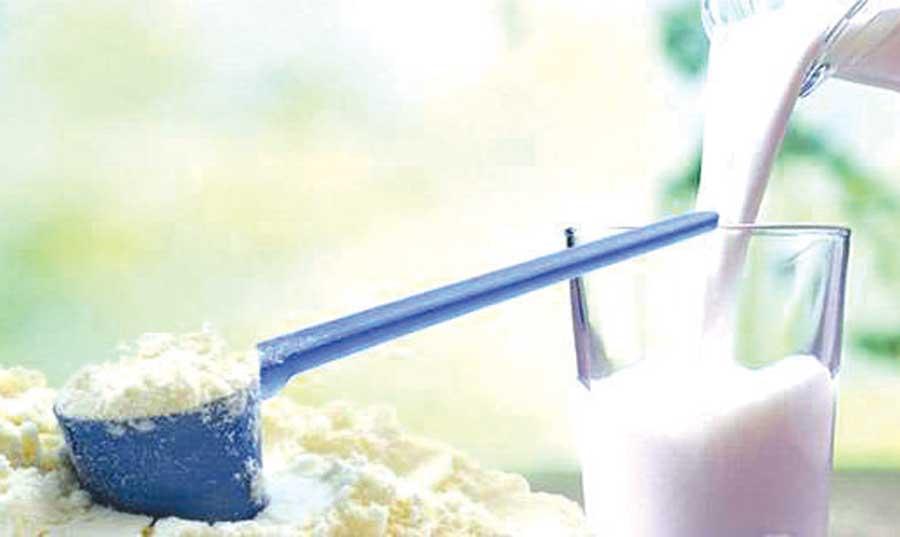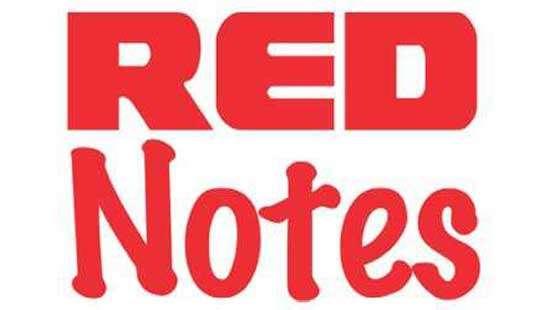Reply To:
Name - Reply Comment
Last Updated : 2024-04-26 14:26:00

The dairy co-operative federation in Jaffna, YARLCO, raised the price of fresh milk sold through its many outlets from Rs.100 to Rs.120 per litre last week. In doing so, they also increased the price they pay to the farmer from Rs.85 to Rs.102 per litre of milk.
from Rs.100 to Rs.120 per litre last week. In doing so, they also increased the price they pay to the farmer from Rs.85 to Rs.102 per litre of milk.
While a 20% rise in the price of milk is steep, I was nevertheless relieved. In recent months, animal feed prices have gone up by as much as 50% and milk production was becoming unsustainable. Farmers were reducing the milk supplied to the co-operatives and had begun directly supplying to consumers for a higher price. More worryingly, they were increasing delivery to the large dairy companies that aggressively collect with higher prices. But these companies then sell their milk products at many times their collection price.
In recent weeks, milk has become a topic of national debate with the shortages of milk powder. What is the cause of the shortage and rising price of milk? What can be done now to address the problem and how should the dairy sector change in the years to come?
Self sufficiency
At the heart of the milk crisis today is the dependence on imported milk foods and foreign exchange shortage. The demand for milk per year in Sri Lanka is 1,200 million litres but local production is only about 420 to 450 million litres. In other words, Sri Lanka is only about 35% self-sufficient in milk with the rest being imported mainly as milk powder costing over US$ 300 million per year. (Finance Ministry Annual Report 2020, pg 137)
The reason for this state of affairs is the flawed open economy policies of liberalising the dairy sector. For example, the National Milk Board formed in 1957 to which farmers mainly sold their milk was privatised in 1981. Furthermore, aggressive marketing by multi-national and later national companies promoting imported milk powder has created a national dependency on and consumer preference for milk powder. Indeed, fresh milk is far more nutritious than milk powder, but with corporate advertising, large sections of the population have been brainwashed into preferring milk powder. Thus without a clear policy and resources to ensure self-sufficiency in milk, the expansion of milk production never took off.
Sri Lanka is now paying dearly for decades of neoliberal policies that favoured imports to the detriment of local production. While the Government claims there are adequate stocks of imported milk powder, the reality is that once imported supplies are irregular, traders will hoard to make a profit. The very character of milk powder is that it can be stored and used, which also makes it a commodity that can be hoarded.
Expectations of reduced supplies, including disruptions and even curtailment of the milk imports, are greatly increasing the demand for locally produced milk this creates a price war in collection of milk. This price war is led by the large companies involved in milk processing and marketing. As consumers become desperate to access milk, these corporate giants can make a killing in profit as they market locally produced milk powder, sterilised milk and a variety of processed milk foods such as yogurt and butter at extremely high prices.
"Sri Lanka is now paying dearly for decades of neoliberal policies that favoured imports to the detriment of local production. While the Government claims there are adequate stocks of imported milk powder, the reality is that once imported supplies are irregular, traders will hoard to make a profit. The very character of milk powder is that it can be stored and used, which also makes it a commodity that can be hoarded"
Nutritional inequality
I am going to use the example of the Northern Province where I do research to explain the problem. For a population of 1.2 million people as per our national health guidelines each individual requires 200 millilitres of milk per day, which is a total requirement of 240,000 litres of milk per day. However, last year only 120,000 litres of milk were collected per day, and of that about half – 60,000 litres –were taken out by dairy companies. These very same companies then market milk powder, sterilised milk and other milk foods, but at many times the price. Milk is collected for between Rs.80 and Rs.100 per litre by these companies but their sterilised milk packets cost Rs.260 to Rs.280 per litre on supermarket shelves.
That is the crux of the problem. It is better that the co-operatives raise the price of milk and try to keep their market. An ordinary person who buys fresh milk from the co-operative outlet certainly cannot afford sterilised milk. Now, what if these companies collect milk at Rs. 200 and sell sterilised milk at Rs. 400 per litre? The co-operatives need a strategy of value addition such as pasteurised milk to compete with these companies; otherwise the inequalities in milk consumption will further aggravate. Indeed, inequalities have widened with liberalisation policies over the decades; for example in the last Household Income and Expenditure Survey of 2016, the top 30% compared to the bottom 30% of the Sri Lankan population consume three times as much milk powder.
Crisis and alternatives
There is no solution to the current crisis but to increase milk production. In the short-term, the cattle have to be fed better by making cheaper animal feed available to increase milk production. For cows that graze in the open, evening milking will also increase milk production. For example in the North, evening collection of milk is estimated to bring an additional 30,000 litres, but the co-operatives have to mobilise such collection and chill it overnight before distributing or processing.
In the medium term, there needs to be a program of revamping the dairy sector, particularly to increase milk production. Successive governments have evaded the question by claiming they are going to import high yielding cows, which seems as insipid as the policies of importing milk foods. The liberalisation of the dairy sector has clearly failed, but if the private enterprises that came with it are allowed to run amok it will create serious nutritional problems for the people. Therefore, nationalisation or tremendous controls on the large dairy companies will be needed to stop their profiteering; otherwise they will jack up milk prices to corner the market.
Ultimately, the state needs to invest in the rural livestock sector. Support is necessary to multiply cattle through artificial insemination of suitable cross breeds along with robust veterinary extension services. Collection and distribution of milk through local co-operatives and milk boards to ensure nutritious milk reaches the people. It is when people can control, or at least have a stake in, resources including for production and distribution, that they can ensure access to essential foods.

Add comment
Comments will be edited (grammar, spelling and slang) and authorized at the discretion of Daily Mirror online. The website also has the right not to publish selected comments.
Reply To:
Name - Reply Comment
US authorities are currently reviewing the manifest of every cargo aboard MV
On March 26, a couple arriving from Thailand was arrested with 88 live animal
According to villagers from Naula-Moragolla out of 105 families 80 can afford
Is the situation in Sri Lanka so grim that locals harbour hope that they coul